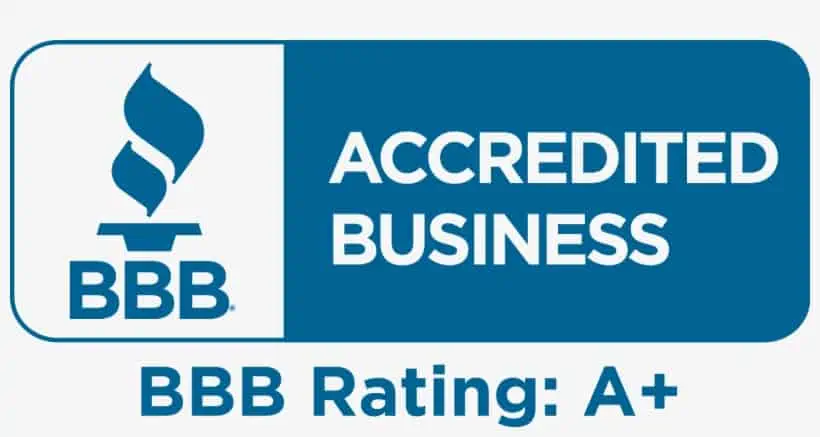Prohibited Transactions under the Employer Retirement Income Security Act of 1974 (ERISA)
Prohibited transaction under ERISA
ERISA Sec. 406 (a) prohibits plan fiduciaries subject to Title I of ERISA to enter into certain transactions with Parties-in-interest. ERISA Sec. 406 (a) details that a fiduciary of a plan (e.g., Solo 401k plan) shall not cause the plan to engage in a transaction, if he or she knows or should know that such transaction creates directly or indirectly the following:
- Sale, exchange, or leasing of property between a plan (e.g., Solo 401k plan) and a party in interest;
- Lending of money, or other extension of credit between a plan and a party in interest;
- Furnishing of goods, services, or facilities between a plan and a party in interest;
- Transfer to, or use by or for the benefit of , a party in interest of any plan assets; or
- Acquisition, on behalf of the plan, of any employer security or employer real property in violation of 407(a).
No fiduciary that has authority or discretion to control or manage the plan assets shall permit the plan to hold any employer security or employer real property if he or she knows or should know that holding such security or real property violates ERISA 407(a) (which limits the type and amount of employer security of property that a plan can hold).
ERISA Sec. 406(b) prohibits fiduciaries from self-dealing in the following three areas
- Deal with the plan assets in his or her own interest or for his or her account;
- In his or her individual (or in any other) capacity act in any transaction involving the plan on behalf of a party (or represent a party) whose interests are adverse to the interests of the plan or the interests of its participants or beneficiaries; or
- Receive any consideration for his or her own personal account from any party dealing with such plan in connection with a transaction involving the plan assets.
Exceptions to the prohibited transaction rules
There are three types of exceptions (i.e., exemptions) to the prohibited transaction rules. Statutory exemptions are created by congress, which apply to anyone who meets the statute requirements. One statutory exemption allows the plan to hire a service provider as long as 1) the services are necessary to operate the plan, and 2) the arrangement under which the services are provided and the compensation paid for the services are reasonable. Another common statutory exemption involves participant loans from a qualified plan under IRS Sec. 4975(d) (1).
The Department of Labor (DOL) is the agency that enforces the prohibited transaction rules. They can also create exemptions applicable on and industry-wide basis. These are called class exemptions. A prohibited transaction class exemption (PTCE) is an administrative exemption that applies to any party-in-interest within the class of parties-in-interest, outlined in the exemption, who meet requirements prescribed by the DOL. The third exemption is an individual exemption, which applies only to the individual requesting the relief.
Prohibited transaction penalties imposed under ERISA
For each year a prohibited transaction continues, ERISA Sec. 502(i) allows the Secretary of Labor to charge the parties-in-interest a civil penalty tax equal to five percent of the total amount involved in the prohibited transaction. But if the prohibited transaction is not corrected during the correction period, the civil penalty tax may be 100 percent of the amount involved (unless a lesser amount is otherwise agreed to by the parties).



